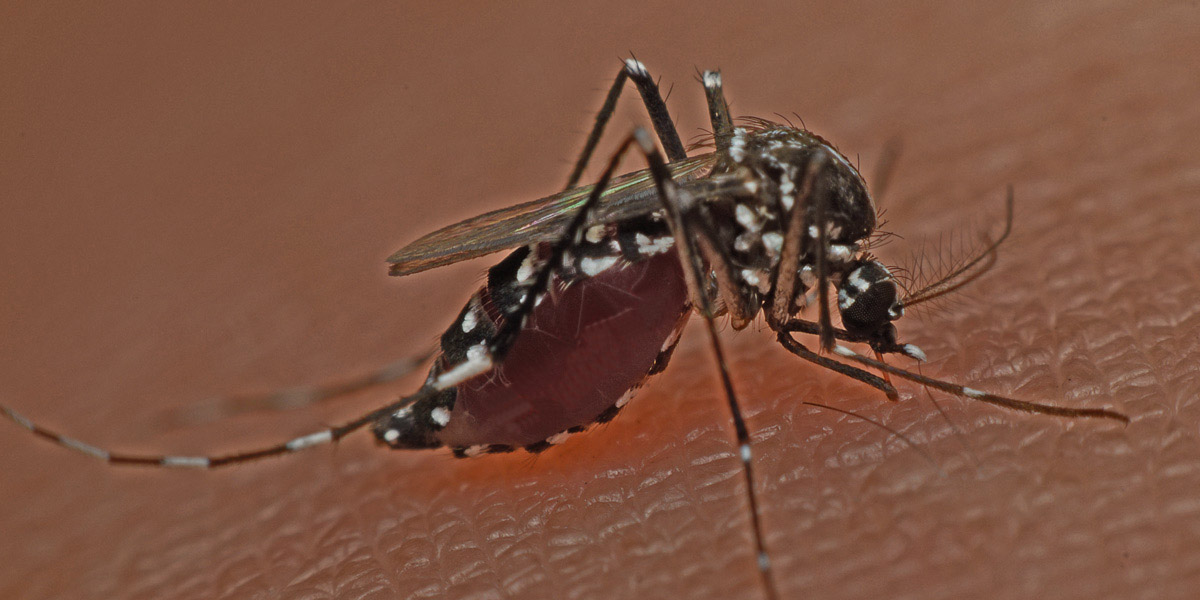
Forewarnings for Africa and the Target Malaria project
A decade ago, GM mosquitoes were first released globally, in the Cayman Islands, by UK-based company Oxitec. Further releases followed in Malaysia, Panama and Brazil.
In a public relations whitewash, Oxitec has repeatedly claimed that the experiments successfully wiped out nearly 90% of the Aedes aegypti mosquito population, which is one of the vectors that transmit tropical diseases such as dengue fever, zika and chikungunya. Their approach was to release GM mosquitoes carrying a trait designed to kill both the male and female offspring before reaching adulthood.
However, these claims are not supported by the evidence that has become available on the releases, which were denounced as a failure by the Cayman Islands government. Most tellingly, Oxitec has quietly halted the planned releases of these GM mosquitoes in other countries.
"Oxitec’s failed GM mosquito releases worldwide: Forewarnings for Africa and the Target Malaria project", a briefing by the African Centre for Biodiversity (ACB), GeneWatch UK and Third World Network that is available in French and English, details the serious concerns arising from the releases of GM mosquitoes around the world, which range from the risks posed to local populations and the environment to the lack of adequate risk assessment and flouting of international and local regulations.
In a vlog, Dr Helen Wallace from GeneWatch UK highlights some key points.
Africa needs to heed these lessons, as the Gates-funded Target Malaria project has its sights on the continent, with the imminent planned release of 10,000 GM mosquitoes in Burkina Faso, a proposal that has raised ethical, scientific and regulatory concerns. The Gates Foundation also provides funding for Oxitec’s GM mosquito research.
Ultimately, Target Malaria is preparing to use novel GM “gene drive” technology, also known as “extinction” or “exterminator” technology, allegedly to suppress the populations of mosquitoes that transmit malaria.
Misleading publicity has led to significant opportunity costs and the exposure of people to unnecessary risks. The ACB states that it does not want a "repeat of Oxitec’s mistakes in Africa, where biosafety capacity is either non-existent or sorely lacking and where there is a lack of fully informed consent for the planned experiments; poor compliance with regulatory requirements; unjustified hype about what the experiments can deliver; a lack of transparency and public consultation; and a lack of debate about alternatives".
Resisting these potentially dangerous and irreversible experiments has an added challenge: African institutions, up to the highest level of the African Union and the African Group negotiation bloc at international treaty negotiations, have been coopted to not only support, but aggressively advocate for, this technology.
The NGOs that published the new briefing are calling for a halt to these releases and demanding consultative processes that are open, transparent and inclusive, as well as discussions about long term sustainable alternatives to address malaria on the continent.
The briefing is available in ENGLISH and FRENCH.
More information:
Briefing Paper: GM Mosquitoes in Burkina Faso
AU’s premature and misguided endorsement of controversial, unproven gene drive mosquitos for malaria ‘eradication’ in Africa
Africa Group captured by colonial medicine, agribusiness and US military interests on gene drives at UN Biodiversity Conference